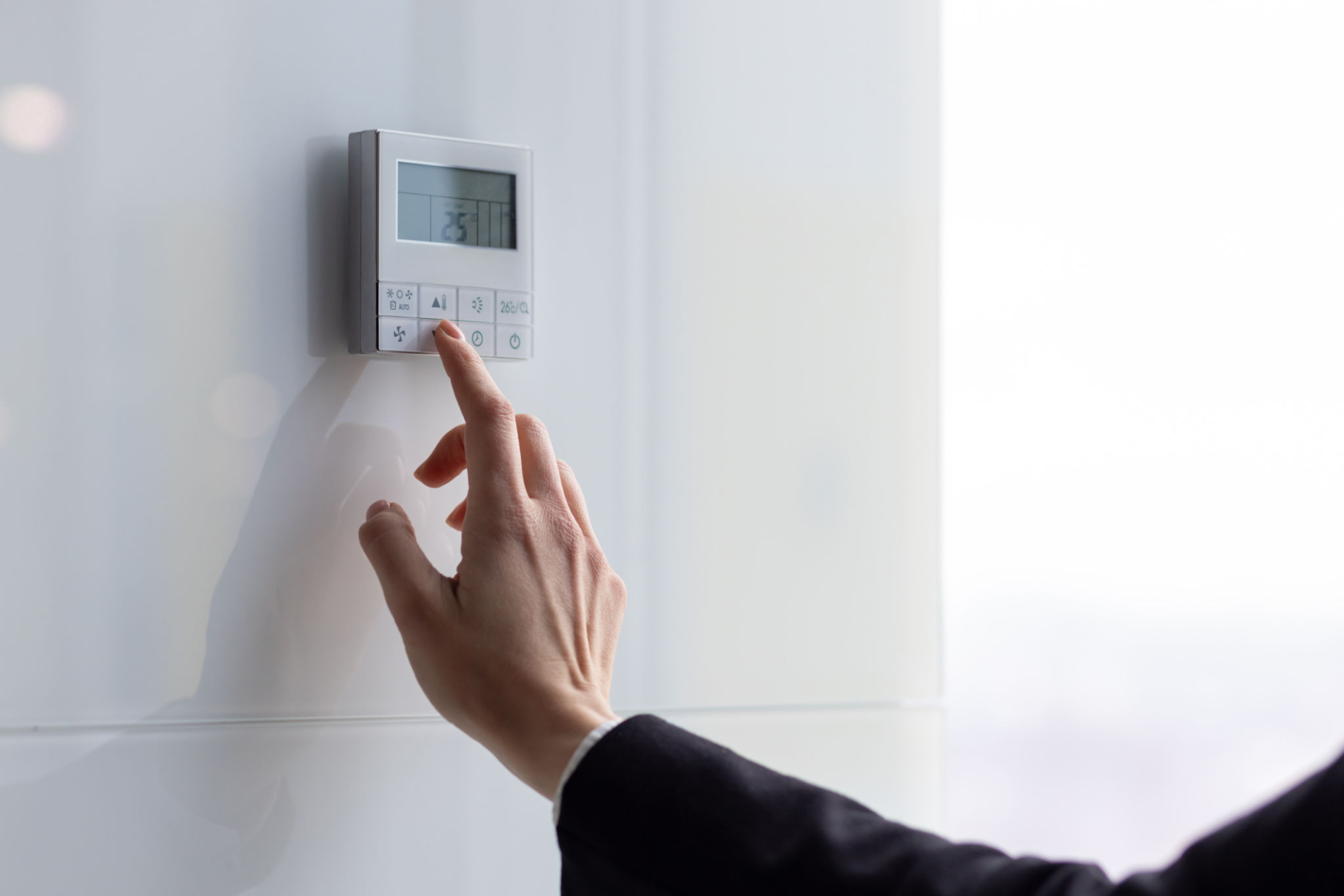Top Misconceptions About Smart Thermostat Installation: What You Should Know
Understanding Smart Thermostats
Smart thermostats are transforming how we manage home heating and cooling, offering enhanced energy efficiency and convenience. However, several misconceptions can deter homeowners from embracing this innovative technology. This post aims to clarify common misunderstandings surrounding smart thermostat installation.

Misconception: Installation is Too Complicated
Many people believe that installing a smart thermostat requires advanced technical skills or professional help. In reality, most smart thermostats come with detailed instructions and user-friendly interfaces designed for easy installation. Some models even offer step-by-step guides through mobile apps, making the process accessible for most homeowners.
If you're comfortable with basic DIY projects, you might find installing a smart thermostat straightforward. However, it's important to ensure your HVAC system is compatible with the device before proceeding.
Compatibility Concerns
One primary concern is whether the smart thermostat will work with existing HVAC systems. Before purchasing, check the compatibility specifications provided by the manufacturer. Most modern systems are compatible, but certain older systems may require additional components or professional installation.

Misconception: Smart Thermostats are Costly
Another common myth is that smart thermostats are prohibitively expensive. While the initial investment can be higher than traditional thermostats, the long-term savings on energy bills often outweigh the upfront costs. Many smart thermostats are designed to optimize energy use, which can lead to significant savings over time.
Additionally, some utility companies offer rebates or incentives for installing energy-efficient devices like smart thermostats, further reducing the overall cost.
The Value of Energy Savings
Smart thermostats learn your schedule and adjust temperatures accordingly, ensuring your home is only heated or cooled when necessary. This intelligent adjustment can result in substantial energy savings, reducing your carbon footprint while saving money.

Misconception: Privacy and Security Issues
Concerns about privacy and security can deter homeowners from adopting smart thermostats. It's crucial to recognize that reputable brands prioritize user security, implementing robust encryption measures to protect personal data.
To enhance security, always use strong, unique passwords for your devices and home network. Regularly update your thermostat's software to ensure you have the latest security features and patches.
Proactive Security Measures
- Change default passwords immediately after installation.
- Enable two-factor authentication if available.
- Regularly monitor and maintain network security.
By understanding these common misconceptions and taking proactive steps, you can enjoy the benefits of a smart thermostat without unnecessary concerns. Embrace the convenience and efficiency of modern technology to enhance your home's comfort and sustainability.